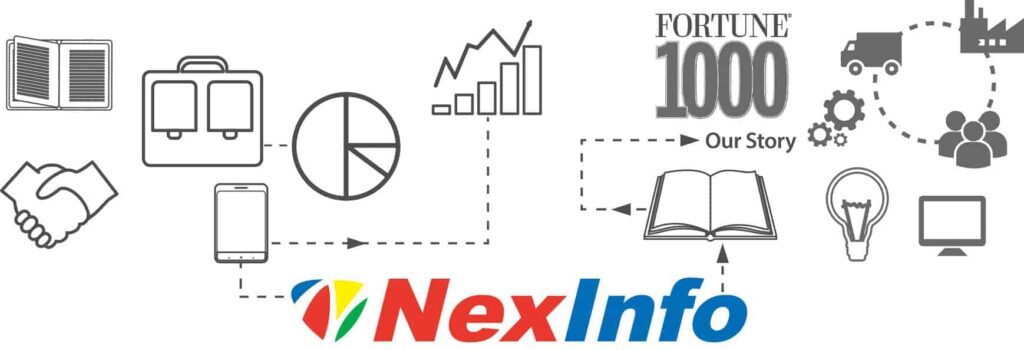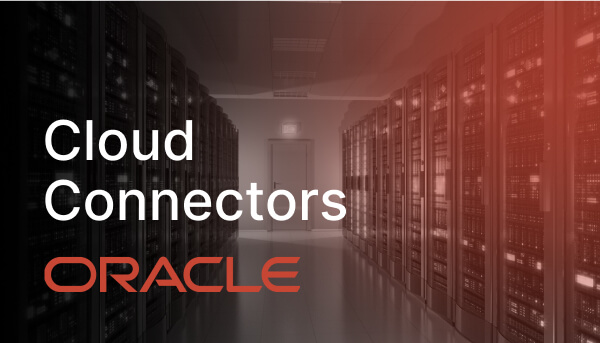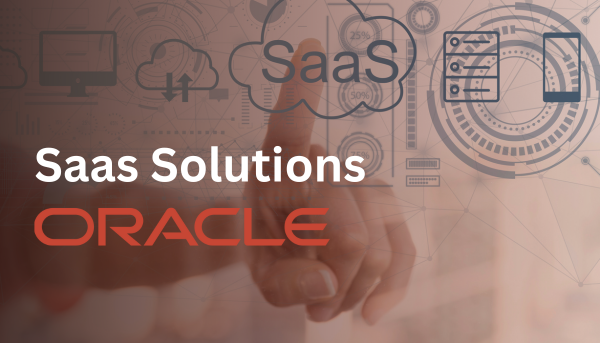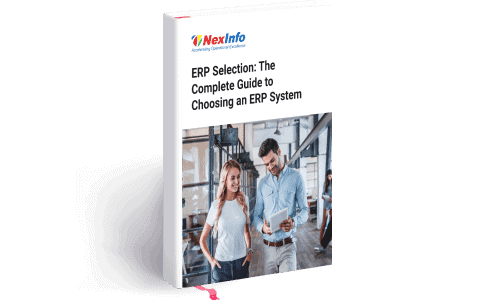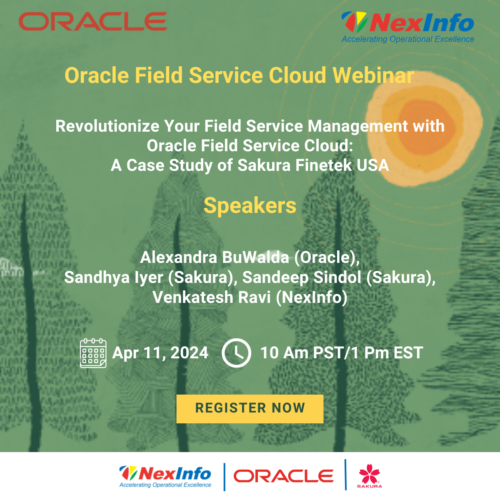HR support applications go by various names, including workforce management systems, HR information systems (HRISs), HR management systems (HRMSs), and human capital management (HCM) systems. In this article, we explore two HR support applications from Oracle: Oracle Cloud HCM and Oracle HRMS.
First, let’s have a look at each product’s features and functions, then we’ll look at the differences between them.
What is Oracle Cloud HCM?
Oracle Cloud HCM service is Oracle’s cloud application for human capital management. HCM systems, according to Oracle, transform “the traditional administrative functions of human resources (HR) departments…into opportunities to drive engagement, productivity, and business value.” Oracle Cloud HCM is a key component of the Oracle Cloud Fusion application suite and integrates with other Oracle cloud solutions.
The Oracle Cloud HCM modules include the following:
- Human Resources, including core HR functions, benefits management, and strategic workforce planning
- Talent Management, including recruiting, onboarding, compensation, career development, and succession planning
- Workforce Management, including health and safety, absence management, and time and labor
- Payroll, including country-specific payroll management solutions
- HCM Analytics, including pre-built and customizable key performance indicators and dashboards, as well as collaboration tools
Oracle Cloud HCM also features the Oracle Cloud HCM app for employee self-service, which uses mobile responsive technology to provide a consistent experience across device types.
Oracle HRMS
Unlike the Oracle Fusion HCM Cloud product, Oracle HRMS is part of Oracle’s E-Business Suite and is intended as an on-premise solution. The Oracle HRMS modules include the following products:
- Oracle Human Resources: Basic employee data management
- Oracle Payroll: Payroll, tax withholding, and more
- Oracle Self-Service Human Resources: Employee self-service interface
- Oracle Performance Management: An application to support performance evaluations
- Oracle iRecruitment: Talent recruiting tool
- Oracle Time & Labor: Time recording application for hourly employees
- Oracle Learning Management: Training event management and recordkeeping
- Oracle Advanced Benefits: Benefits administration and enrollment
- Oracle HRMS Intelligence: Data analysis and reporting
As you can see, there is a good deal of functional overlap between the two products. From a feature perspective, the only difference between these products is that Oracle Cloud HCM includes the self-service app to enhance the employee experience. So why would you choose one over the other?
The Choice
Both offerings have their unique advantages and approaches to HCM. Oracle Cloud HCM, as the name suggests, is a software-as-a-service (SaaS) HCM solution that requires no local hardware installation or maintenance.
As an on-premise product, Oracle HRMS maintenance is somewhat more complex, requiring coordination with local IT resources. An easy-to-follow Oracle HRMS implementation questionnaire makes the planning process easier.
From a usability perspective, both products are easy to learn. For Oracle HRMS training, in particular, there are numerous resources, including:
- Oracle HRMS Functional Guide: Complete description of all Oracle HRMS functions
- Oracle HRMS functional tutorials: User guides for individual modules and functions
- Oracle HRMS workflow guides: Guides for setting up and using approval workflows
- Oracle HRMS tutorials for beginners: “Getting started” tutorials for new users
- Oracle HRMS online training: Online training resources for all aspects of Oracle HRMS
Oracle Cloud HCM has a similar set of learning resources.
Other important considerations include:
- Pricing: It is difficult to derive an apples-to-apples pricing comparison for these products. Oracle Cloud HCM pricing is a subscription, whereas Oracle HRMS pricing involves licensing and maintenance. The price of each also depends on what modules are deployed. Typically, the total cost of ownership (TCO) of Oracle Cloud HCM is less than that of Oracle HRMS since the IT Department does not need to maintain and update servers, networks, and software.
- Security: The security of HCM applications is critical because of the sensitivity of the personal information stored and accessed. Oracle Cloud HCM security is managed by Oracle, whereas security for Oracle HRMS is the customer’s responsibility.
Get Help With Your Decision
Whether a company’s human resources department consists of one person or an army of human resource generalists, HR talent recruiters, payroll clerks, and benefits specialists, the HR function is essential to making sure the right people are in the right jobs and compensated fairly.
Keeping an HR organization running smoothly requires good HR tools. Gone are the days when an employee’s personnel file was a sheaf of paper documents in a manila folder, locked in a file cabinet. Like much of the rest of the enterprise, the HR function has gone digital.
When choosing an important, mission-critical application, it’s beneficial to enlist the assistance of an expert in the field. As a longtime Oracle implementation partner, NexInfo has extensive expertise and experience in both Oracle Cloud HCM solutions. We can help you evaluate your needs and recommend the best choice for your situation.
If you are looking for an HCM solution, contact NexInfo today to learn how the consultant team can help you through the process.

